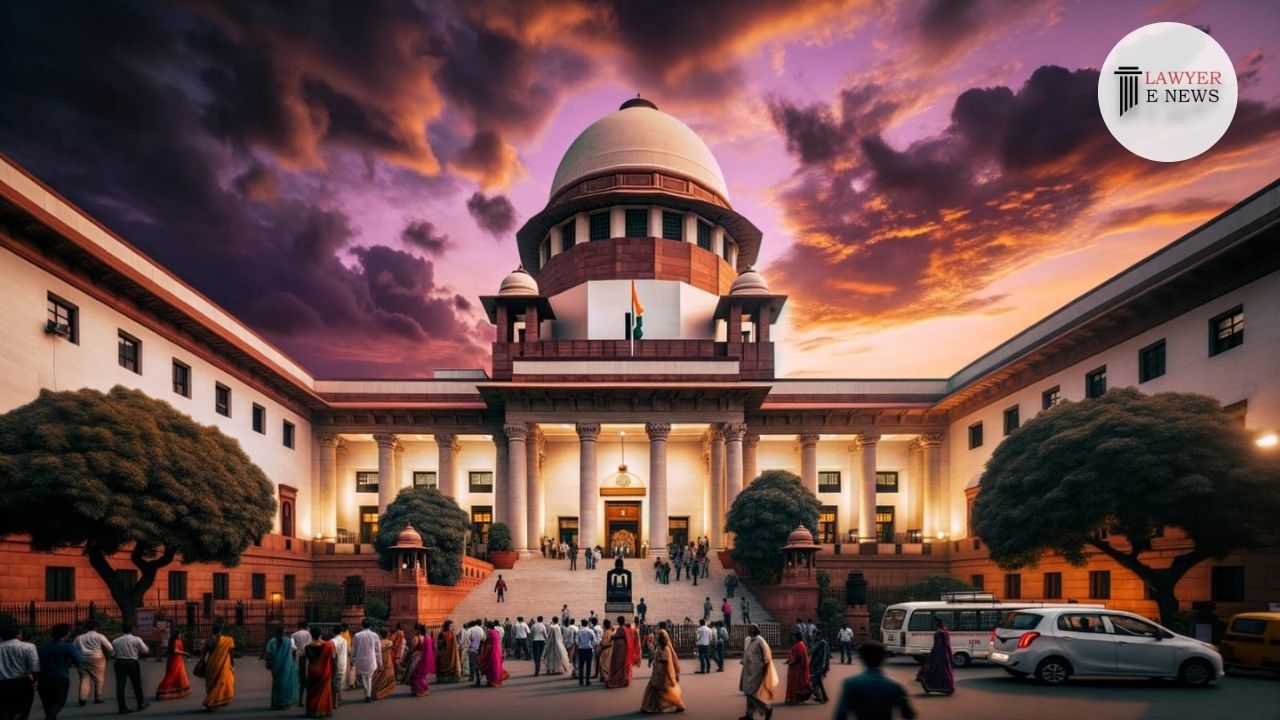-
by Admin
15 February 2026 5:35 AM



In a significant judgment on service law dated April 25, 2024, the Supreme Court of India upheld the decision of the High Court, which had ruled that non-communication of resignation acceptance does not invalidate the action if the rules governing the resignation do not require such communication to be made.
The apex court deliberated on the legal requirements concerning the acceptance and communication of an employee’s resignation under the Maharashtra Employees of Private Schools (Conditions of Service) Regulation Act, 1977 and its corresponding rules. The primary legal question revolved around whether the acceptance of a resignation needs to be communicated to the resigning employee for it to take effect.
The case arose from an appeal by Shriram Manohar Bande against the High Court’s decision which upheld the acceptance of his resignation by the management of Uktranti Mandal & Ors, despite his claims of wrongful termination and alleged fabrication of resignation acceptance documents. Bande had initially resigned and subsequently attempted to withdraw his resignation, which led to disputes over the legitimacy of the management’s actions.
Document Authenticity: The Supreme Court closely examined allegations of fabricated documents purportedly showing the acceptance of Bande’s resignation. The Court upheld the High Court’s finding that the management’s documentation was legitimate and not fabricated, affirming the authenticity of the resolutions passed by the school committee.
Acceptance and Communication of Resignation: The apex court affirmed the High Court’s interpretation that the non-communication of resignation acceptance does not render the resignation invalid when the governing rules do not mandate such communication. The Court noted, “the provisions of the MEPS Act and the corresponding rules do not necessitate that the acceptance of a resignation be communicated to be effective.”
Evaluation of Tribunal’s and High Court’s Findings: The Supreme Court found that the Tribunal had erred in its judgment by incorrectly determining the documents were fabricated without substantial evidence. The apex court praised the High Court’s meticulous examination of the records and upheld its decision, stating that the Tribunal’s conclusions were unfounded.
The Supreme Court dismissed the appeal, affirming the High Court’s decision and concluded that the management’s acceptance of Bande’s resignation was within legal bounds, and the appellant’s claims of involuntary resignation were unsubstantiated. The court dismissed the appeal with no order as to costs.
Date of Decision: April 25, 2024.
Shriram Manohar Bande versus Uktranti Mandal & Ors
